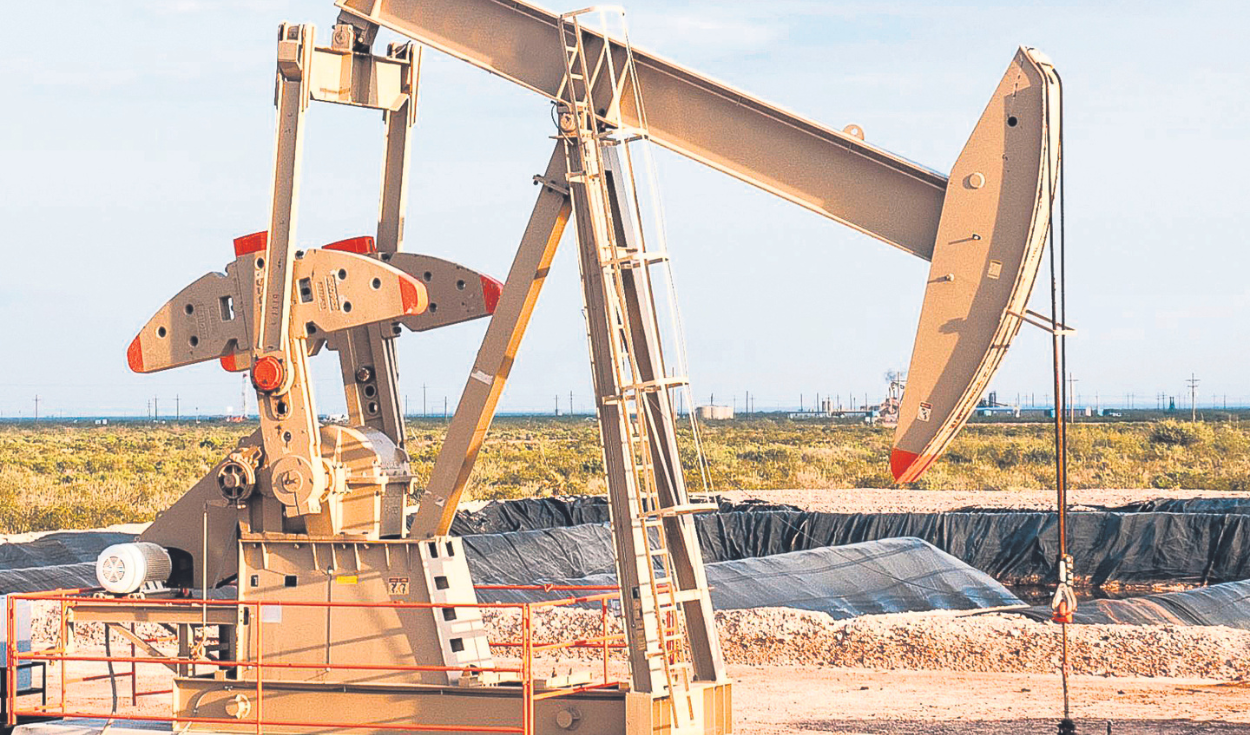
Is it illegal to negotiate directly with Petroperú?
The legal basis, explains Isabel Tafur, president of Perupetro, is article 11 of the Organic Law of Hydrocarbons that authorizes Perupetro, under its criteria supported by its own law of creation, to enter into contracts via direct negotiation or by call (tender). . “Perupetro has chosen to exercise the power granted to him by an organic law and negotiate directly with Petroperúin accordance with the guidelines and policies of the sector, which is also indicated in the hydrocarbon law and the Perupetro Law,” he stated.
This Government has already granted a lot to Petroperu via direct negotiation in December 2021. This is the Lot I of Talara.
How did Petroperú rate the Talara lots?
According to Perupetro’s qualification regulations, Petroperú has the technical, economic and legal condition to become a qualified subject, thanks to the fact that it has a residual net worth of US$1,750 million. The initial investment required in Talara is US$121 million. However, you will also need to partner with a comprehensive oilfield services company.
Pedro Chirapresident of Petroperú, recalled that the interest of the state company, manifested in letters of interest, dates back to 2015, when Wood Mackenzie recommended its operation as a strategic objective. Since that year, board after board has ratified that interest.
Does Petroperú have the required technical capacity?
In the oil business, companies are subcontracted to carry out field work, remarked the former president of Perupetro Aurelio Ochoa. In the past, Talara lots were even delivered to companies that had no experience nor drilled wells, such as GyM (today UNNA).
The engineer Gustavo Navarroformer director of Hydrocarbons, explains that the current Petroperú board, led by engineer Pedro Chira, has a professional team at its service that has proven capacity for this task, something that is verified in the Lot Iwhere production was maintained in the order of 500 barrels per day, and where some of the workers stopped being services and joined Petroperú’s payroll.
Is Petroperú obliged to go with partners to Talara?
Legislative Decree 1292, in its article 4, second paragraph, states that during the exploration phase, Petroperú may maintain its partner status without assuming the costs of exploration activities that will be assumed by the operator. “In my opinion, DL 1292 clarifies the issue of Petroperú’s participation. Clearly, the DL refers to activities that require risk investment,” stressed Carlos Vives, former president of Petroperú.
In summary, he added, that for risk-free exploitation activities (such as lots I and VI), Petroperú can assume 100% of the contracts. Otherwise, you must go with an operating partner that assumes the risk investment in exploration activities, which could be the case of Lot Z-69. So far, 10 companies have expressed interest in partnering.
Is returning to Talara profitable for Petroperú?
Petroperú is the only buyer of oil in Talara, but it pays an international price, says Humberto Campodónico, former president of the state company. He adds that a barrel is priced these days at US$90, and the cost to extract it in Talara, adding royalties and taxes, is US$40. Therefore, once the disputed lots are returned, they would generate annual savings of US$250 million, according to the company’s own calculations. Today, crude oil purchases from those lots exceed US$500 millions.
Petroperu It is estimated that from 2025, together with the New Talara Refinery (NRT), could generate profits of over US$1 billion.
Is it true that investments are scared away?
Investments in Talara have already been stagnant in the last decade, with only 23 wells drilled since 2000 (only two to be explored).
Petroleum engineer Carlos Vives Suárez explains that, in any case, there are 31 areas for new contracts throughout the territory, where the investor can bring their capital, negotiate exploration and increase local reserves. They are not hoarding everything for Petroperú either. Recently, lots 8, V and VII passed into the hands of private companies.
Proof of this is that today the North American company Anadarko is exploring the lots Z-61, Z-62 and Z-63 off the coast of La Libertad.
Source: Larepublica
Alia is a professional author and journalist, working at 247 news agency. She writes on various topics from economy news to general interest pieces, providing readers with relevant and informative content. With years of experience, she brings a unique perspective and in-depth analysis to her work.












